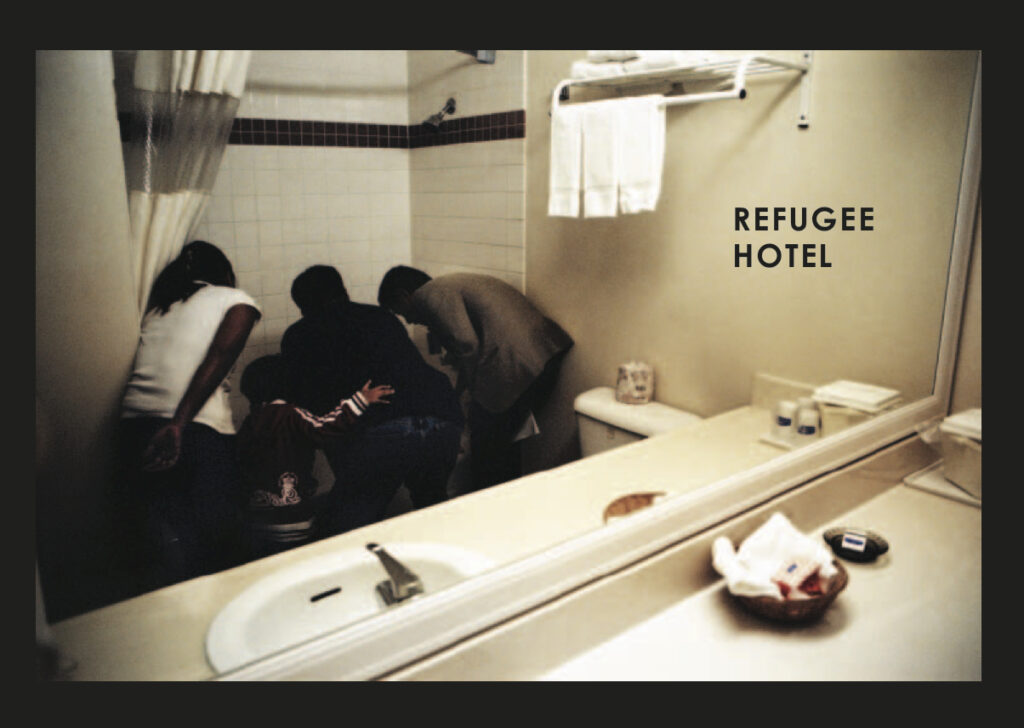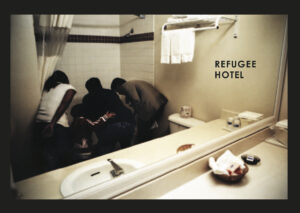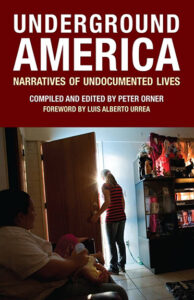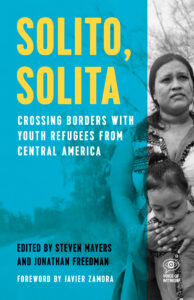The Voice of Witness book series amplifies the stories of people directly impacted by—and fighting against—injustice. We use an oral history methodology that combines ethics-driven practices, journalistic integrity, and an engaging, literary approach.
The books explore issues of inequity and human rights through the lens of personal narrative. Each project aims to disrupt harmful narratives by supporting historically marginalized or silenced communities to tell their own stories in their own words.
Book clubs are useful tools for engaging and interacting with these oral histories and the issues they highlight. Find our handout with guidance on planning and facilitating one here.
Use the questions below to start a book club for Refugee Hotel.

Discussion Questions:
- Farah speaks of “living in fear” during the Iran-Iraq war. How could living in constant fear of being taken away by the government impact a person’s character?
- Farah gives examples of the concrete, physical impacts of the war: they didn’t have basic food supplies like sugar; they had no electricity in the 115 degree heat. What do you think were some of the emotional and psychological impacts of war?
- Analyze this statement: “We knew if Saddam was the bad guy, the United States couldn’t be the bad guy.”
- How might a refugee’s ideas of “home” shift and evolve during and after resettlement? Mahmmoud says that “home is where you feel safe.” Do you agree or disagree with that statement? Why or why not?
- Are American perceptions of refugees different from perceptions of immigrants who choose to come to the United States for better opportunities? If so, how?
- Felix describes horrific conditions in the refugee camps he lived in. Can you think of more human responses, programs, and ways to shelter people going through forced displacement? Are there specific challenges to these responses? If so, what are they?
- Farah, Mahmmoud, and Felix all discuss the solidarity they find in the refugee communities in the American cities to which they’ve been relocated. How might this camaraderie and support make the refugee experience more navigable?
- Felix says that his ideas about America were vastly different than the realities he found when he arrived. How do you think “the American dream” is portrayed across the globe? Discuss the myths and realities of acclimating to life in America.



